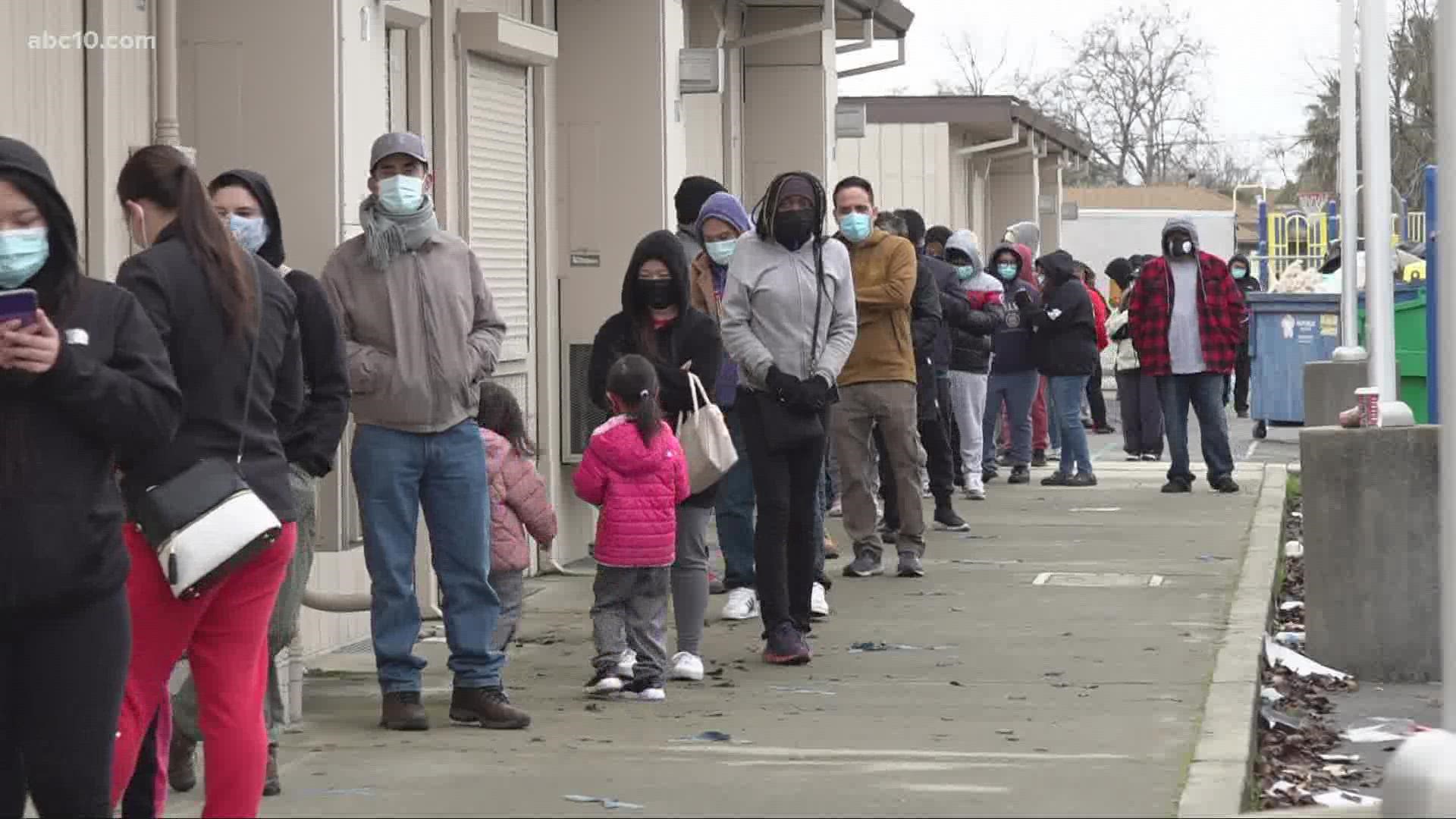NEW YORK — The Centers for Disease Control and Prevention has signed off on two measures to increase access to additional doses of the Pfizer coronavirus vaccine.
The CDC on Tuesday recommended shortening the recommended interval of time between when people who had an initial series of Pfizer vaccinations and when they receive a Pfizer booster shot, from six months to five months.
The agency has not changed the recommended booster interval for people who got other vaccines. The Johnson & Johnson booster interval is two months and the Moderna vaccine can be given six months after initial doses.
The CDC also recommended that kids ages 5 to 11 with moderately or severely weakened immune systems receive an additional dose 28 days after their second Pfizer shot. Currently, only the Pfizer vaccine is recommended for that age group.
The CDC’s decisions followed moves by the Food and Drug Administration on Monday. The FDA also approved Pfizer booster shots for kids ages 12 to 15. The CDC has not announced a recommendation about that, but a CDC expert advisory committee is expected to take up the matter during a meeting Wednesday.
FDA vaccine chief Dr. Peter Marks said even though serious illness is uncommon in younger teens, a booster will help them avoid that risk — while also helping reduce the spread of omicron or any other coronavirus mutant.
“Hopefully this will be not just a call for people to go get their booster shot,” but for the tens of millions of unvaccinated Americans to rethink that choice, Marks said. “It's not too late to start to get vaccinated.”
The FDA based its latest booster decision largely on real-world data from Israel that found no new safety concerns when 6,300 12- to 15-year-olds got a Pfizer booster five months after their second dose.
Likewise, the FDA said even more data from Israel showed no problems with giving anyone eligible for a Pfizer booster that extra dose a month sooner than the six months that until now has been U.S. policy.
The chief safety question for younger teens is a rare side effect called myocarditis, a type of heart inflammation seen mostly in younger men and teen boys who get either the Pfizer or Moderna vaccines. The vast majority of cases are mild — far milder than the heart inflammation caused by COVID-19 — and they seem to peak in older teens, the 16- and 17-year-olds.

